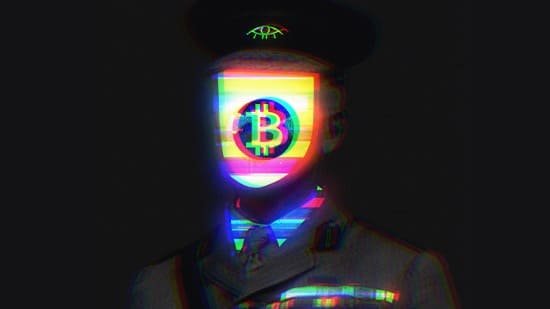Anonymity in the Crypto World

To facilitate objective transactional activity, blockchains operate as anonymous, trustless mediators. It puts the power of wealth transfer back in the person’s hands and away from a centralized authority.
Several governments have taken exception to this, which is not surprising. And to make matters even worse, supporting this technology can be perceived as an attack on one’s own country, putting one’s image in serious jeopardy. Why is this happening?
The choice to employ an alias or pseudonym has been increasingly popular in blockchain culture over the years. Using the internet — a digital profile with no ties to your real-world identity, often further masked behind a VPN.
In the eyes of an outsider, a “normie,” it would seem unreasonable to ask for information from people who do not have any type of real-world verification. A rising number of people, on the other hand, believe that the days of your “meatbag” identity are numbered.
The following are a few reasons why that could be a positive thing.
Giving the silent a voice
Understand that these Twitter personas are not anonymous but pseudonymous. A reputation is less critical to completely anonymous members on platforms like 4chan. It’s possible that independent reputational identities aren’t as crucial in western cultures as in countries with harsher speech restrictions, like China or North Korea.
Bitcoin’s blockchain technology not only provides a safe location to keep money, but the anonymity it provides allows you to express yourself without worrying about your real-world reputation being tarnished.
The Prison of Social Normality is about to be Released
Before, using identity on social media meant that everyone knew you as someone you’re not. It’s obvious that social media has been detrimental to our health and well-being in general. For example, loneliness has been linked to depressive symptoms, suicidality, lethargy, and social anxiety.
But it’s important to note that when people are asked if they’d give up social media, the answer is generally “only for big amounts of money.”
So why does something that makes us want to be connected so much have such detrimental impacts on our mental health?
Due in part to the way social media works and the type of behavior it encourages. Instead of a social media platform, it’s more like an online marketplace for social comparison.
This is why the alias culture in cryptography is so fascinating to us. A new form of social media is empowered, which encourages social interaction by removing the hurdle of social comparison.
Freedom from One’s mind
Online personalities have the potential to restore freedom to the concept of free expression. Since the emergence of government-regulated political correctness, freedom of speech has come under siege. Social norms are thrown out the window when you create an online identity. Without a recognizable human user, the risk of being labeled as an outcast becomes insignificant.
The cream rises to the top once we remove the erroneous bad actors and forces such as social indoctrination. In the end, it’s all about who can add the most significant value.
Since its inception, the blockchain movement has been about emancipation – a digital revolution that can’t be stopped.